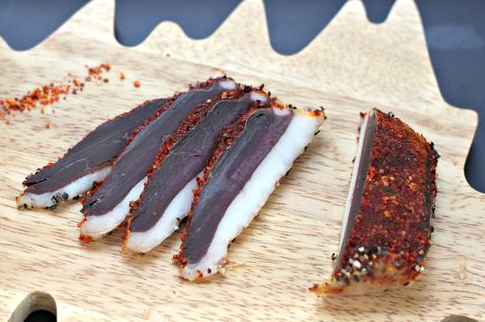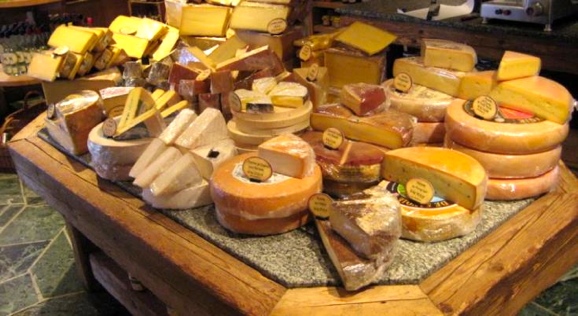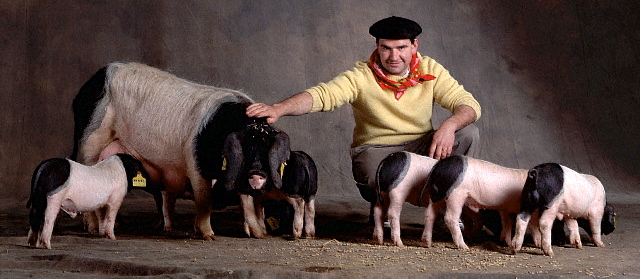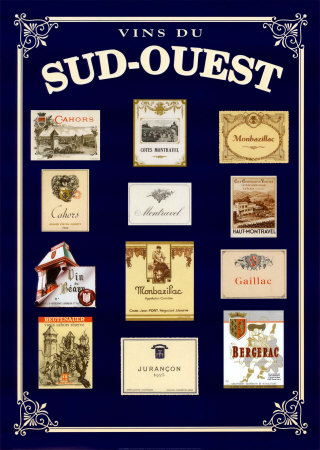
The South west of France is well-known for it’s tasty, local delicacies. The weekly markets are full of delightful sights and smells where local produce is sold with great pride.
To fully comprehend la cuisine in the Southwest of France, you must first observe the culture and then be ready to change your idea of food. Eating is an event, not just a means to fill your stomach. Preparing food is akin to creating a work of art. If you are looking for a quick, generic way in cooking, you’ll be disappointed. Creativity, choice and complexity are just some of the crucial ingredients that go into a magnifique meal. It can seem daunting and arduous at first, but once you understand what this region has to offer in regards to poultry, fish, meats, vegetables (when in season), and fresh herbs, everything comes together to make a masterpiece.
Some of the basic food staples in the SW consist of duck fat rather than butter, a plancha to cook food rather than a grill and a strong Armagnac to help you digest your food after a substantial meal. The south westerners pride themselves in their earthy, yet rich dishes.
From the Malbec ducks raised in the Gers, which contribute beautifully to make magret de canard (duck breast) and foie gras, to the spicy red peppers that come from the basque village of Espelette, to the bold, fruity wines of Madiran and Bordeaux, this region is diverse and yet blends all of their seasonal food into their cuisine.
 France has over 365 different types of cheese (one for each day of the year) but the most widely loved are the ones right from the southwest. Chaumes, Tomme de Chevre, Roquefort and Ossau-Iraty are just some of the more widely known. Roquefort originates from the town itself and is a strong blue cheese that is aged in the caves of Combalou where the famous blue mold develops. Ossau-Iraty is a hard, sheep cheese that originates in the Basque hills where the sheep are plentiful and feed on the rich green slopes of the Pyrenees mountains. This hard cheese is best savored by slicing thinly and serving with a spread of black cherry jam. No bread is needed to support this delight… in fact, the French rarely eat any of their cheeses with bread.
France has over 365 different types of cheese (one for each day of the year) but the most widely loved are the ones right from the southwest. Chaumes, Tomme de Chevre, Roquefort and Ossau-Iraty are just some of the more widely known. Roquefort originates from the town itself and is a strong blue cheese that is aged in the caves of Combalou where the famous blue mold develops. Ossau-Iraty is a hard, sheep cheese that originates in the Basque hills where the sheep are plentiful and feed on the rich green slopes of the Pyrenees mountains. This hard cheese is best savored by slicing thinly and serving with a spread of black cherry jam. No bread is needed to support this delight… in fact, the French rarely eat any of their cheeses with bread.
The village of Espelette is nestled in the heart of Basque country. This quaint but impressive town is home to the renown little red peppers known as piment d’Espelette. This spice is used the world over and can be found in haute cuisine restaurants in London, New York City and even Hong Kong. Just one ounce of this ground pepper sells for 14 dollars!
 The famous Jambon de Bayonne, which is an air-dried salted hind leg of ham, is hung as it ages and develops it’s unique flavor. The drying process can take from just a few months to two years. The Basque pride themselves on their Kintoa pigs that range the vast Pyrenees Mountains.
The famous Jambon de Bayonne, which is an air-dried salted hind leg of ham, is hung as it ages and develops it’s unique flavor. The drying process can take from just a few months to two years. The Basque pride themselves on their Kintoa pigs that range the vast Pyrenees Mountains.
Southwest traditional dishes range from the famous Cassoulet, a hearty bean stew filled with a mélange of sausage, lamb, and duck. The famous white Tarbes beans give this dish it’s depth. Basque-style chicken consists of farm-raised chicken marinated with the famous red pepper piperade sauce. However, if you prefer to eat a dish not cooked in the oven but rather seared on a griddle (plancha), then squid or seafood is the way to go. The plancha holds a special place on the terrace or in some cases, the kitchen. From sautéing sausages to fish, vegetables or even eggs cooked in this facon, have an amazing flavor. Even desserts are prepared on the plancha such as marinated pineapple in rum! What a refreshing way to end a meal.
 One of the oldest and most widely acclaimed art forms in France is wine making. This practice dates back before the time of the Romans 600 BC. Southwest vineyards yield bold reds, sweet whites and fruity rosés. Cahors, Madiran, Bordeaux, Sauternes and Irouleguy are just a few of the regions that have attained award-winning medals and the affection of the world over.
One of the oldest and most widely acclaimed art forms in France is wine making. This practice dates back before the time of the Romans 600 BC. Southwest vineyards yield bold reds, sweet whites and fruity rosés. Cahors, Madiran, Bordeaux, Sauternes and Irouleguy are just a few of the regions that have attained award-winning medals and the affection of the world over.
As you can see, the people of Southwest France are passionate about their land, their livestock, and their produce. You’ll never leave here disappointed or with an empty stomach. Bon appétit!
-Sara Currey

Recent Comments